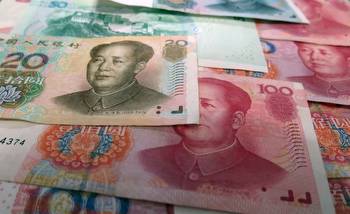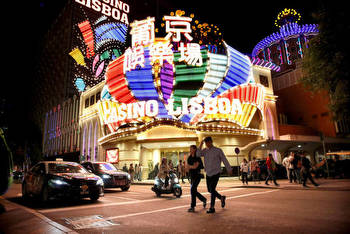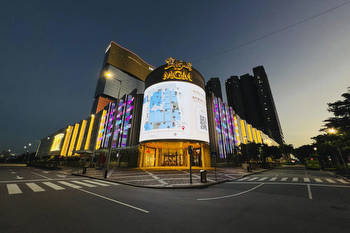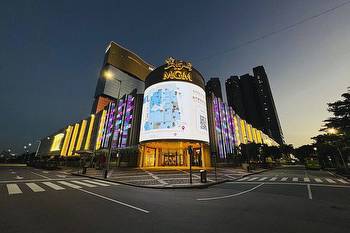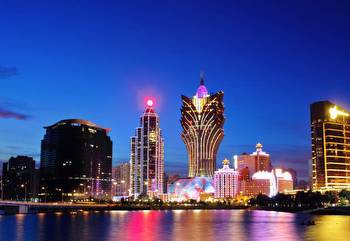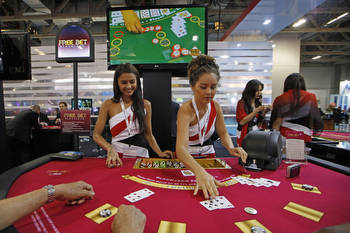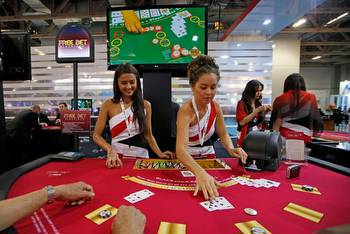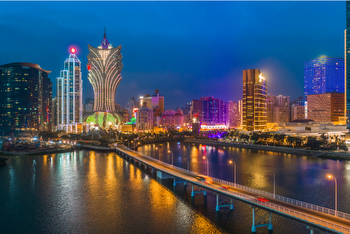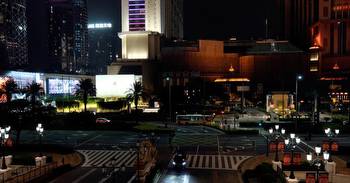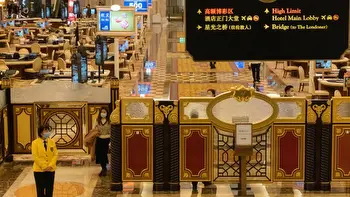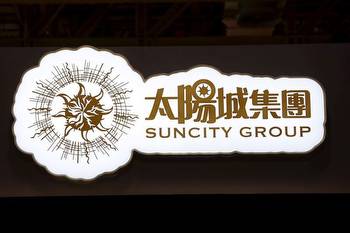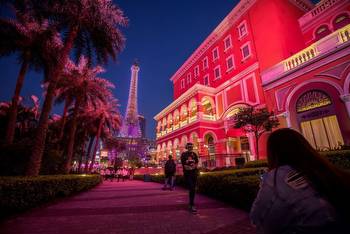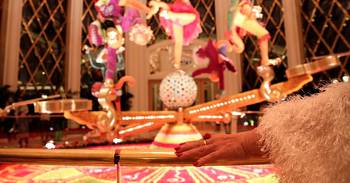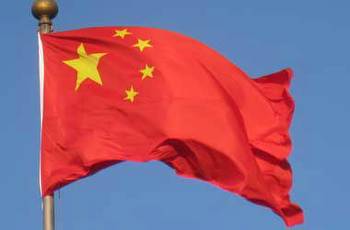Who wants to bid for Macao casino licences? EJINSIGHT

The Macao SAR government has set a deadline of September 14 for gambling operators to submit bids for new licences, due to begin at the start of 2023. The licences of the six current operators, three U.S.-owned, will expire at the end of December.
The Covid pandemic and the resultant restrictions on travel have caused the worst three years in the history of gambling in Macao, and an end is not in sight. Add to this the strict conditions imposed on bidders by the government and new curbs on gambling imposed by Beijing.
So the industry does not expect new bidders outside the six. For them, the motive is that, without a new contract, they will from January next year be banned from operating the casinos on which they have over 20 years invested billions of dollars.
The biggest disincentive to new bidders is the huge losses which the operators have incurred since the start of the pandemic in early 2020. In 2021, gambling revenue in Macao fell to US$10.8 billion from US$36 billion in 2019.
Wynn Macau reported a net loss of HK$3.6 billion for the first half of 2022, up from a loss of HK$2.2 billion in the same 2021 period. “Given the uncertainty around the extent and timing of potential future spread or mitigation of Covid-19 and around the imposition or relaxation of containment measures, management cannot predict whether future closures, in full or in part, will occur in our properties and cannot reasonably estimate the impact to the group’s future results of operations, cash flows or financial condition,” it said.
Beijing has followed the policy of “Zero-Covid” and promises to continue it. This has severely limited the arrival of visitors to Macau, who account for the majority of the casinos’ customers. Strict quarantine measures have also shut out international tourists and visitors from Hong Kong.
Another negative is Beijing’s stricter controls on gambling. A law passed by the National People’s Congress that took effect on March 1, 2021 created a new crime against cross-border casinos found to be organising or soliciting Chinese citizens to gamble and increased penalties for those found guilty of serious breaches. It specifically targets anyone who “organises mainland Chinese citizens to gamble outside the country (borders).”
In November 2021, police in Macao detained Alvin Chau, boss of Suncity, the city’s biggest junket group, a day after Wenzhou accused him of “severe damage to the social order of the country” and involvement in cross-border gambling. Before the pandemic, VIPs accounted for nearly half the revenue of the casinos.
A third disincentive for American bidders is political risk. What happens in the event of Sino-U.S. war or military conflict over an invasion or blockade of Taiwan? Will the government seize or freeze U.S. assets and detain U.S. citizens?
A fourth are the conditions attached to any bid. “Special consideration should be given to develop foreign tourist markets. Experience in operating casino games, investment in gaming and non-gaming projects for Macao’s benefit, plans to manage the casino, plans to monitor and prevent illegal activities and social responsibilities,” the government said.
Writing in the August issue of “Inside Asian Gambling”, Andrew Scott said the companies did not need to be told to attract more foreign visitors. “But Macau does everything it can to discourage international visitation. Non-Chinese are not made to feel welcome. From the lack of spoken English or English signage to foreigners living in Macau being treated as second-class citizens to the never-ending obsequiousness of Macau to mainland China, foreigners just don’t feel comfortable in the SAR in this day and age. Access is difficult with flights to Macau almost all from mainland China.”
The government also asks bidders to attract more MICE (Meetings, Incentives, Conferences, Exhibitions). “Why would a multinational company hold a major MICE event in Macau instead of Hong Kong, Shanghai, Tokyo, Bangkok, Singapore or just about any other major city in Asia?” Scott said. “Where’s Macau’s comparative advantage? We don’t have enough hotel rooms for major events, the rooms we do have are relatively expensive, and transportation infrastructure is lacking. We can’t even fully utilize the MICE facilities we already have, never mind build more. Another bust.”
He said that developing health-based tourism was also hopeless. “Why on earth would people come to Macau for cosmetic surgery when they can go to Thailand or Korea, or even Vietnam, which has been excelling at this kind of tourism for decades. And as for TCM (Traditional Chinese Medicine), what does Macau have that any other major city in China doesn’t? Nothing.
He said that, in making these demands of the bidders, the SAR government was abdicating responsibilities it should be addressing itself. “Through the pandemic, these companies have suffered hundreds of millions or even billions of US dollars in losses and are now as a group burdened by debt which has grown from US$5 billion to over US$20 billion to fund those losses, yet the government is asking them to invest in many activities which are destined to fail financially. Where is the money for all this coming from?
“While the government itself is sitting on tens of billions of US dollars of tax revenue accumulated over the past 18 years courtesy of one of the highest casino gaming taxes in the world, the concessionaires are being pummelled by the Covid-zero (read economic-zero) policy and the government’s socialist economy-style dictate that thousands of excess workers continue to collect monthly pay checks despite being totally redundant – just so that Macau’s unemployment numbers don’t skyrocket,” he said.








